
1882 - 1940
Summary
Name:
Viktória FődiNickname:
Pipás PistaYears Active:
1919 - 1922Birth:
February 23, 1882Status:
DeceasedClass:
Serial KillerVictims:
30+Method:
Strangulation / HangingDeath:
October 10, 1940Nationality:
Hungary
1882 - 1940
Summary: Serial Killer
Name:
Viktória FődiNickname:
Pipás PistaStatus:
DeceasedVictims:
30+Method:
Strangulation / HangingNationality:
HungaryBirth:
February 23, 1882Death:
October 10, 1940Years Active:
1919 - 1922Date Convicted:
January 13, 1933bio
Viktória Fődi was born around 1886 in Szeged, Hungary. Her parents were Lukács Fődi and Mária Tómbacz, who worked as impoverished farmers. The family struggled with financial issues, which created a difficult environment for Viktória. Her father was known to be a violent alcoholic, often mistreating his family. This left Viktória with deep resentment towards men who behaved like him.
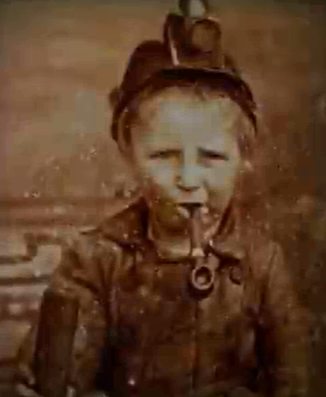
When she was 13 years old, her parents decided to sell her into service to help cover their debts. Viktória became a housemaid in Turócszentmárton. During this time, she took up smoking, which became a regular habit for her. There are reports that her employer, Mórich Sulák, sexually abused her, but there is no solid evidence to support these claims.
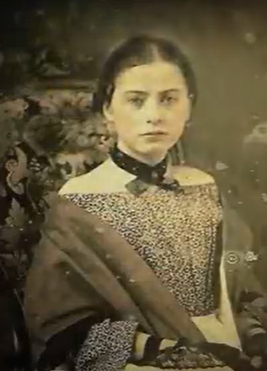
In 1902, when she was about 19 years old, Viktória married Pál Rieger, a wealthy farmer who was 27 at the time. They moved to live in a farmhouse in the village of Átokháza. Reports about her marriage vary; some say Rieger was abusive, while others do not support this claim. Viktória and Pál divorced in 1910. After their divorce, Pál went to fight in World War I.
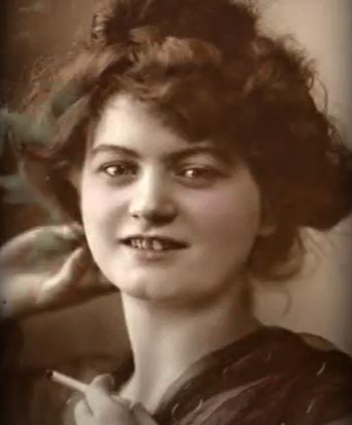
Following the divorce, Viktória began to dress and identify as a man, a choice she made to find work more easily. She became known by the nickname "Pipás Pista." Although some residents saw her as unusual, many respected her strong work ethic as a day laborer. However, she also became known for her heavy drinking and fights at a local inn, where she occasionally cut her opponents' hands in brawls.
murder story
Viktória Fődi, also known as Pipás Pista, was involved in a series of murders in Hungary during the early 20th century. Her first known victim was István Börcsök, a soldier and friend. In 1919, Fődi began working as a farmhand for him. During her time there, she noticed that Börcsök often threatened his wife when drunk. She discussed with Mrs. Börcsök about eliminating him. Together with Mrs. Börcsök’s son and another worker, they devised a plan. They created a disturbance in the barn to wake him. When he went to check, Fődi attacked and strangled him. Afterward, they staged the scene to look like a suicide and celebrated afterward.
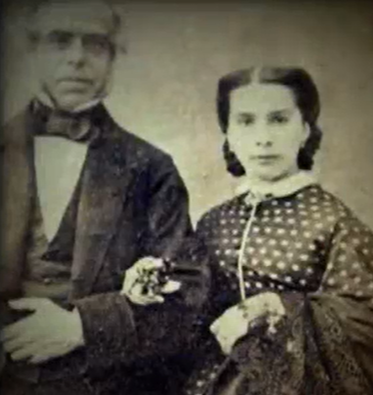
In 1922, Fődi was hired to kill another man, Antal Dobák. He was spending family money on extravagant celebrations. Fődi accepted payment in goods and money to carry out the hit. She and two accomplices waited for him to return home. When Dobák arrived, they ambushed him, placed a rope around his neck, and dragged him to the barn where they hanged him. They later set up the scene to appear as though he had committed suicide.
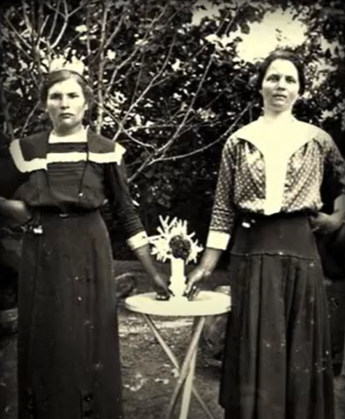
For years, many suspicious suicides were reported in the area, but the authorities could not prove any homicides. In 1932, a domestic dispute led to a discussion about Dobák's death. A woman claimed her husband believed Dobák was murdered by Fődi. This prompted the police to investigate further. They gathered testimonies that confirmed Fődi's involvement. Eventually, Fődi and her accomplices were arrested in a farmhouse months later. Fődi initially denied the charges, but her accomplices confessed. Although the cause of death for Börcsök was not determined, it was confirmed that Dobák had been strangled.
While in custody, Fődi refused to bathe, claiming it caused her distress. This behavior led to a psychiatric evaluation, which revealed her true identity as a woman. In January 1933, Fődi was tried and convicted for the murders. She was sentenced to death, but her sentence was later commuted to life imprisonment. This decision came after Fődi underwent changes in prison, including training as a nurse and converting to Catholicism. She died in prison from emphysema on October 10, 1940.